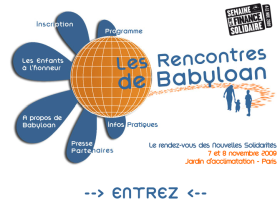 Prosper has published a review of the results of a legal collection test. In November 2007, Prosper had selected 74 loans with an outstanding principal balance of approx. 704,000 US$ to conduct a test for a legal collection strategy instead of including them in a debt sale (which at that time was the usual Prosper procedure for bad debt).
Prosper has published a review of the results of a legal collection test. In November 2007, Prosper had selected 74 loans with an outstanding principal balance of approx. 704,000 US$ to conduct a test for a legal collection strategy instead of including them in a debt sale (which at that time was the usual Prosper procedure for bad debt).
The cases were handed over to the law firm Hunt & Henriques.
Since then there was none or little official communication about the progress. Relying on other sources, P2P-Banking.com reported last year that several of lawsuits in these cases were lost.
The new blog post by Prosper describes in detail which steps were undertaken and what results the measures yielded. The only step that can be counted as somewhat successful was the pre-legal phase of letters threatening lawsuits which recovered about 40,000 US$ payments. 66 accounts then went into the legal process.
Surprisingly 16 cases (24%) had to be closed because the debtor moved out of state (3) or Prosper was unable to obtain service.
On a sidenote: Interested parties have raised the questions why Prosper did not apply to the court to allow service by publication, which seem to legal and often used in California as P2P-Banking.com was told. In this case, after other measures failed the plaintiff runs an classified ad in a newspaper. It does not matter if the defendant actually sees this newspaper ad.
The remaining 50 cases further dwindled when Prosper deducted cases with bankruptcies and lowered credit scores which it deemed not worthwhile. Continue reading

 Congratulations to
Congratulations to  November is, traditionally, in France the Month of Solidarity and social economy, and one week is dedicated to finance.
November is, traditionally, in France the Month of Solidarity and social economy, and one week is dedicated to finance.